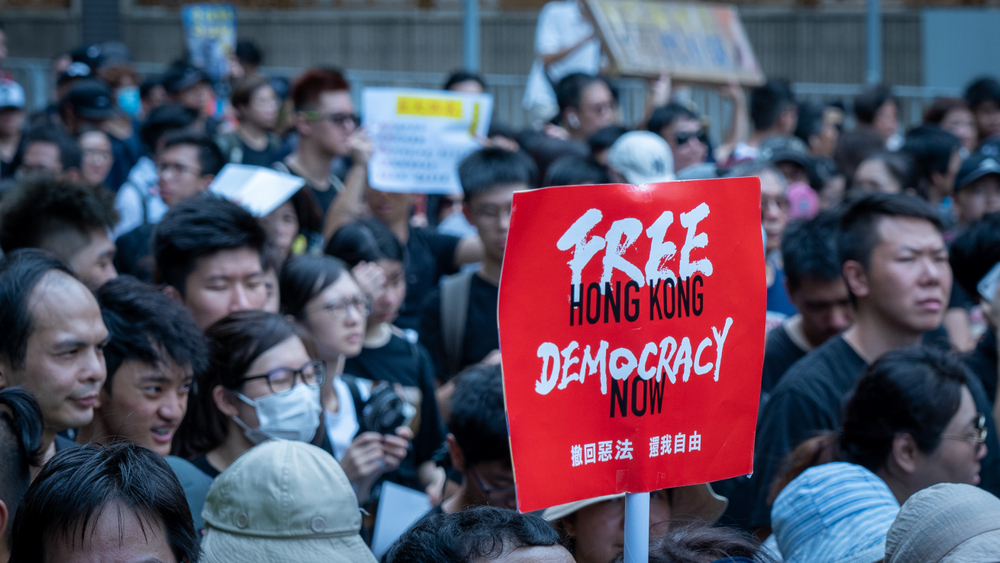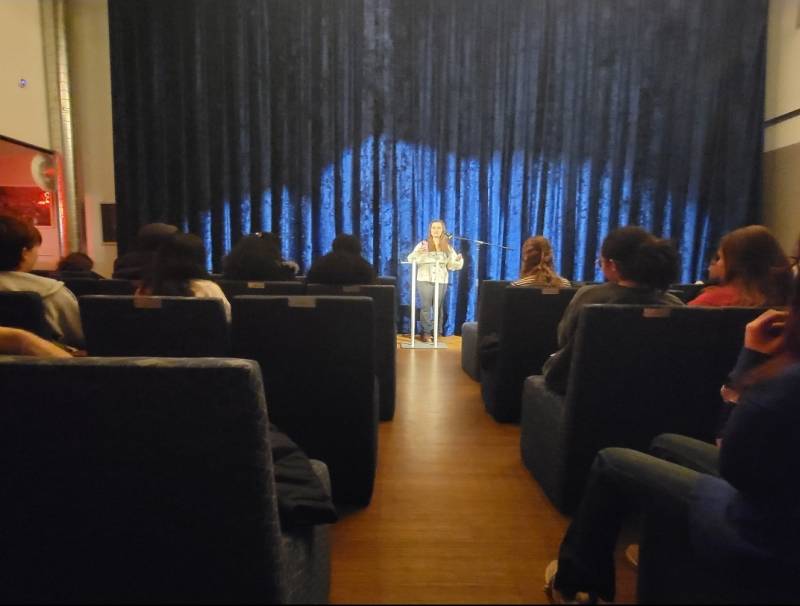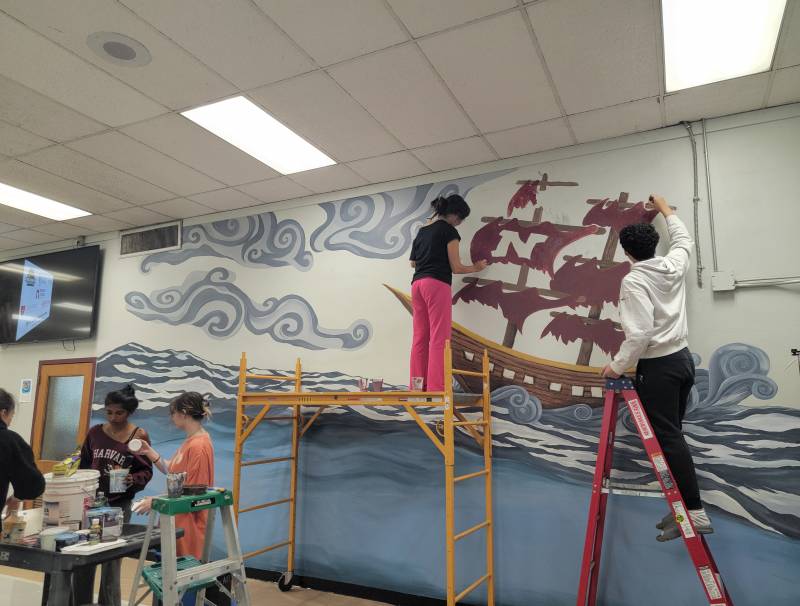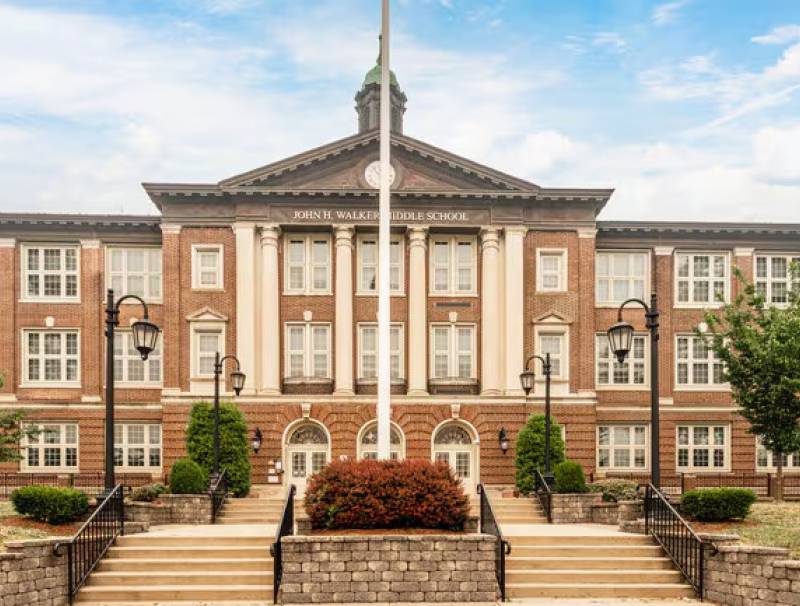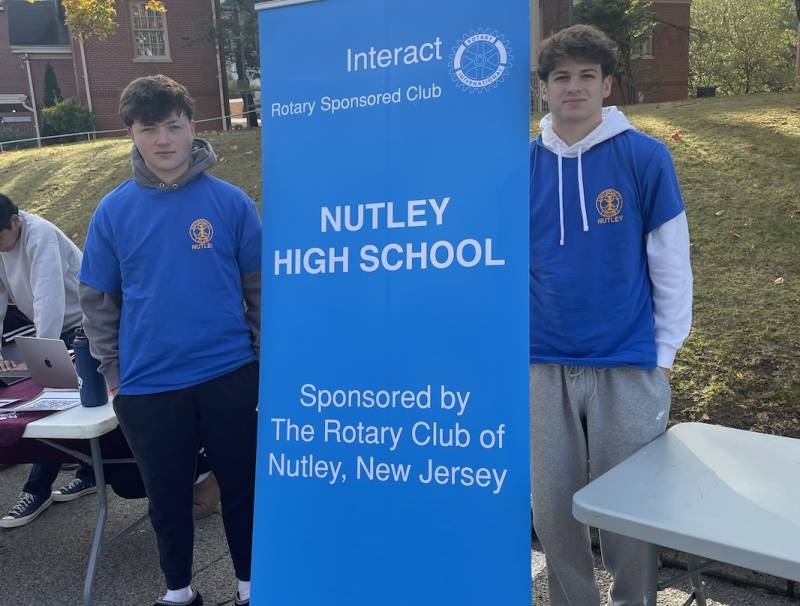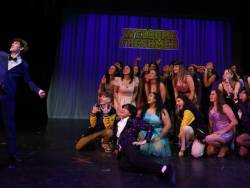Rising Tensions of Hong Kong and China
For several months, the streets of Hong Kong have been filled with protesters, sometimes in the hundreds of thousands, many wearing surgical masks and carrying umbrellas that have come to signify resistance. With several suicides, thousands of arrests, and even international debates, the Hong Kong Protests are a demonstration of the extent humans will go to fight for freedom.
To understand the protests, the history of Hong Kong must be explained. Specifically, its ties to mainland China. In 1842, a treaty with China gave the British Empire complete governance to the island. However, a political move in the United Nations in 1972 removed the island from the United Nations list of Non-Self-Governing Territories, basically forbidding Hong Kong to ever be completely independent. In 1984, the United Kingdom laid out terms for a 10-year plan to eventually hand over Hong Kong back to China. The terms of the hand over included a series of guarantees for the maintenance of Hong Kong's differing economic, legal systems, and political system with a goal of democratic government. However, in the past years, the hands-off approach that China guaranteed has started to change dramatically. The current protests are a result of the amalgamation of many issues, all rising tensions between Hong Kong and mainland China.
While many issues between the two lands have been building for decades, the true issue that ignited the protests was a bill introduced in February 2019. According to NPR, the Fugitive Offenders and Mutual Legal Assistance in Criminal Matters Legislation Bill 2019 would, “expand the range of countries where suspected offenders may be sent, beyond the list of those with which Hong Kong has mutual extradition agreements. Under the bill's provisions, the region would be able to extradite suspects to other countries on a case-by-case basis, with the chief executive holding significant power over which cases apply.” In layman terms, the bill would allow the Chinese Government to arrest someone in Hong Kong, and try them under Chinese judicial law. This directly contradicts the hand-over agreement that would let Hong-Kong have their own political and judicial system.
To protest the bill, “hundreds of thousands of people, including elderly residents and families with children, joined a peaceful march to oppose the bill on June 9,” said the New York Times. A second protest on June 12, however, did not share the same fate. The police started using pepper spray, allegedly assaulting journalists, firing tear gas, bean bag rounds, and rubber bullets. Within three days, the Chinese Government chose to suspend the bill, in hopes of deescalating tensions. However, the fact that the bill was only suspended, rather than removed, frustrated Hong Citizens even more. Eventually, many more protests, strikes, and marches erupted around the island, and with it, more police brutality.
While the island itself is facing the effects of large scale protests, the globe has started to feel the effects too. Companies like Apple and Blizzard, and even the NBA, have gotten involved in the protests. Apple recently chose to remove an app on the App Store that helped protestors see where Police were on the island, to stay safe. Blizzard, a large gaming company, banned a professional video game player from a game for publicly supporting the protestors. While the people of Hong Kong may be feeling the quakes of the protests and brutality, the world has started to its aftershocks.

